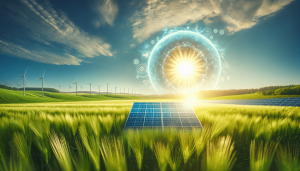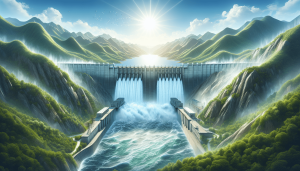In the article, “What Is The Future Of Renewable Energy?” we dive into the exciting advancements and potential of renewable energy sources as society aims for a more sustainable future. We explore the innovative technologies, from solar and wind power to emerging trends like tidal and geothermal energy, that are transforming the way we think about and utilize energy. With a focus on environmental and economic impacts, we examine how these breakthroughs could revolutionize our world, providing cleaner, more efficient, and accessible power for everyone. Join us as we envision a future where renewable energy plays a pivotal role in shaping our global landscape. Have you ever wondered what the future holds for renewable energy? It’s a question we often find ourselves asking as we consider the pressing need to address climate change and transition to more sustainable energy sources. In this friendly and in-depth article, we will explore the future of renewable energy, examining the current trends, potential advancements, and what we, as a society, can do to support this vital shift.
The Current State of Renewable Energy
The Growth of Renewable Energy
Over the past decade, we’ve witnessed remarkable growth in the adoption of renewable energy sources. Countries around the world are increasingly investing in technologies like solar, wind, hydroelectric, and geothermal energy. According to the International Renewable Energy Agency (IRENA), renewable energy capacity worldwide reached 2,806 gigawatts (GW) by the end of 2021, indicating a significant year-on-year increase.
Major Types of Renewable Energy
Renewable energy encompasses a variety of sources, each with distinct advantages and challenges.
- Solar Energy: Harnessing the power of the sun through photovoltaic panels or solar thermal systems.
- Wind Energy: Utilizing wind turbines to generate electricity.
- Hydroelectric Power: Producing electricity from the flow of water.
- Geothermal Energy: Extracting heat from the Earth’s core.
- Biomass Energy: Producing energy from organic materials.
Global Leaders in Renewable Energy
It’s fascinating to see which countries are leading the charge in renewable energy adoption. Some notable nations include:
| Country | Renewable Energy Capacity (GW) | Primary Source |
|---|---|---|
| China | 895 | Hydroelectric, Solar |
| United States | 290 | Wind |
| Brazil | 145 | Hydroelectric |
| India | 146 | Solar, Wind |
| Germany | 132 | Wind, Solar |
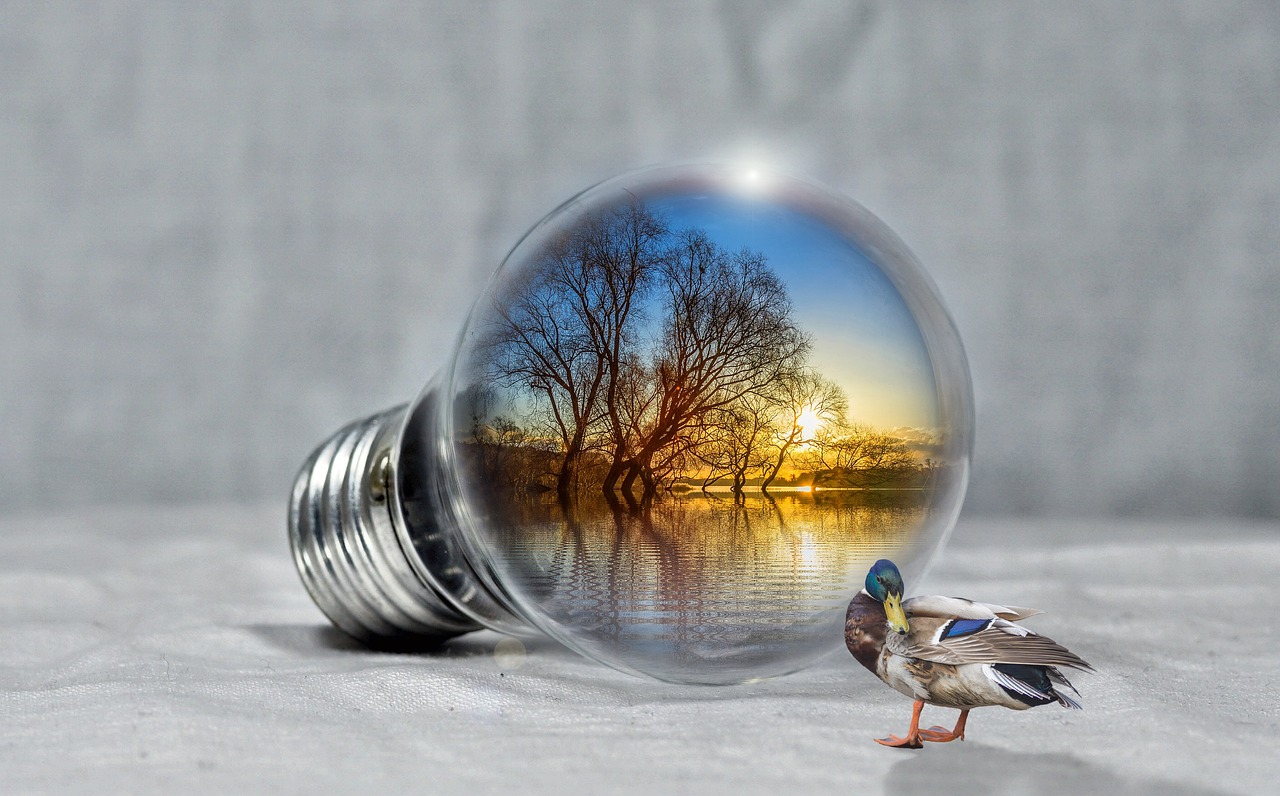
Advancements in Renewable Energy Technologies
Solar Power Innovations
The field of solar energy is continually advancing. Today, we have more efficient photovoltaic cells, with some reaching efficiencies upwards of 22%. Additionally, developments in solar storage and battery technology, such as lithium-ion and solid-state batteries, are making it possible to store solar energy for use during non-sunny periods.
Wind Energy Developments
Wind energy, too, has seen significant advancements. Modern wind turbines are more efficient and capable of generating electricity even in lower wind conditions. Floating wind farms, which can be installed in deeper waters than traditional fixed-bottom turbines, are expanding the potential of wind energy into new areas.
Hydroelectric Upgrades
Hydroelectric power is benefiting from advances in turbine and pump technology, enabling more efficient conversion of water flow into energy. Small-scale hydro projects and run-of-the-river systems are becoming more viable, offering renewable energy solutions for remote and rural areas.
Geothermal Energy Progress
Geothermal technology is growing with innovations that allow us to tap into geothermal resources at greater depths and in more locations. Enhanced Geothermal Systems (EGS), for instance, can greatly increase the availability of this renewable energy source.
Biomass Energy Evolution
Biomass energy is evolving with improvements in the efficiency of converting organic materials into energy. Advancements in biofuel processing and the development of new biological feedstocks are expanding the potential of biomass as a reliable renewable energy source.
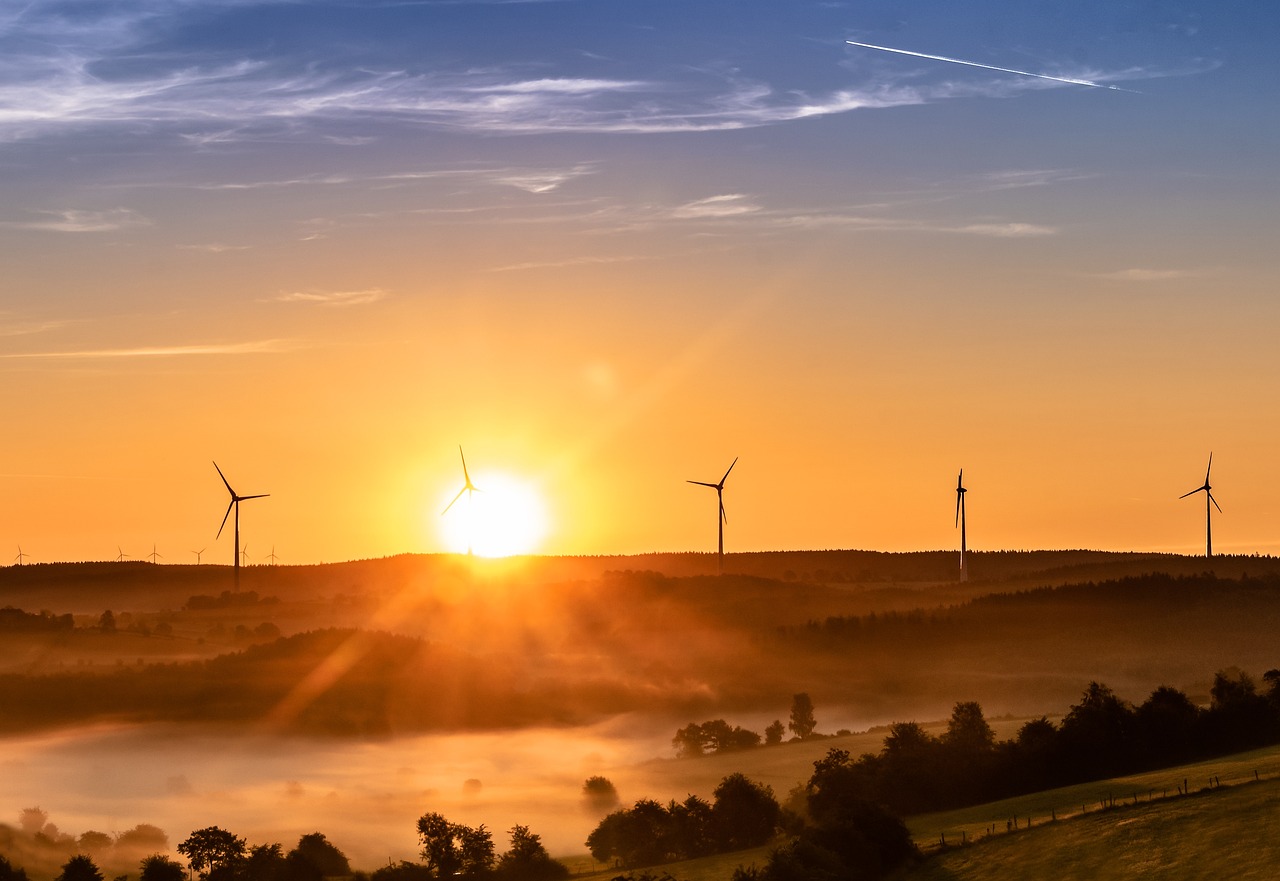
Challenges to Overcome
Intermittency and Reliability
One of the biggest challenges facing renewable energy is intermittency. Solar and wind energy depend on weather conditions, which can be unpredictable. Developing reliable energy storage solutions is crucial for addressing this issue and ensuring a stable power supply.
Energy Storage Solutions
To mitigate the challenges of intermittency, advancements in energy storage are essential. Technologies like large-scale battery storage, pumped hydro storage, and even emerging hydrogen storage solutions are key to stabilizing grids powered by renewable energy.
Cost and Investment
Although renewable energy costs have been falling, substantial investment is still required to build the necessary infrastructure. Ensuring that developing countries have access to financial resources and technological expertise is essential for global adoption.
Grid Integration
Integrating renewable energy sources into existing electrical grids presents technical and logistical challenges. Grid operators need to manage the variable output from renewable sources while maintaining stability and reliability in the power supply.
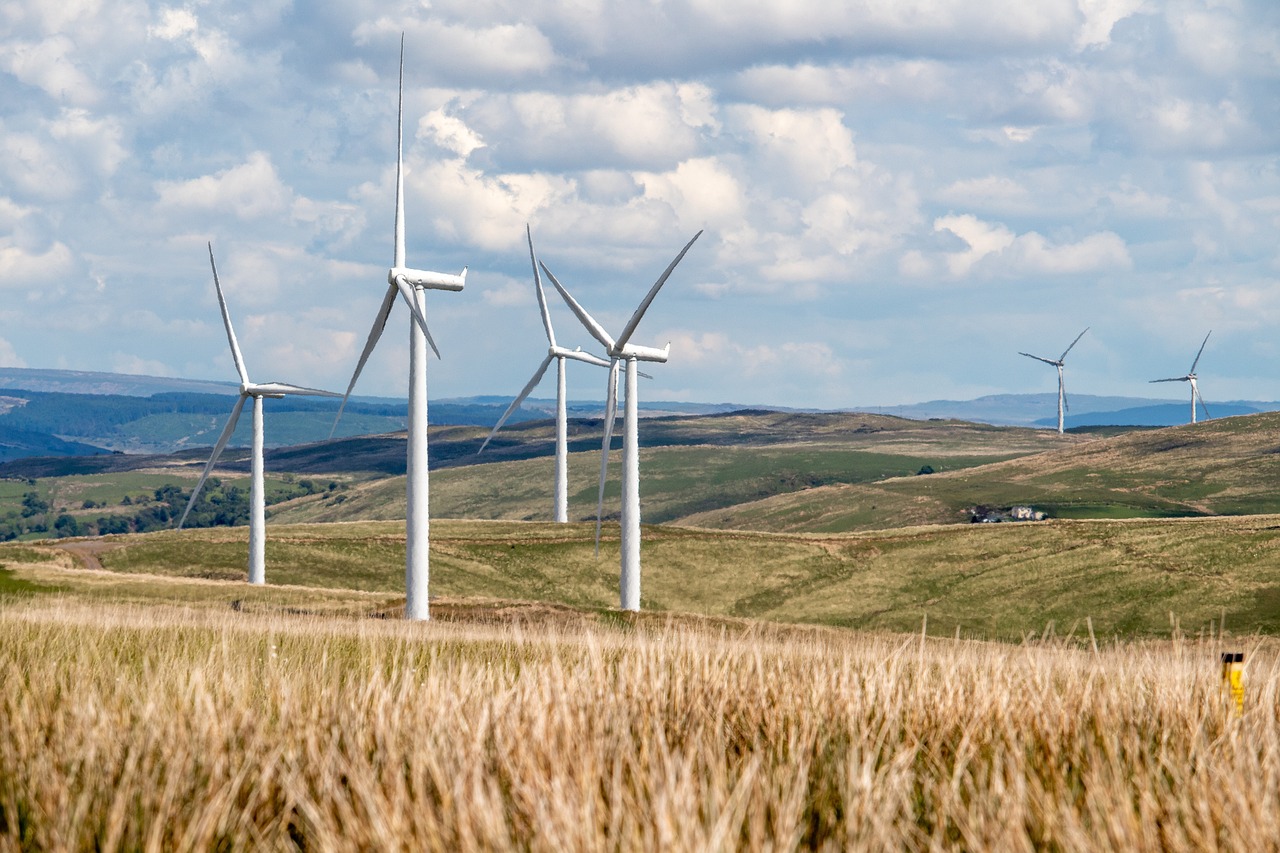
The Role of Policy and Regulation
Government Initiatives
Government policies play a critical role in promoting renewable energy. Subsidies, tax incentives, and grants can make renewable energy projects more economically viable. Countries with strong policy frameworks, such as Germany’s Renewable Energy Sources Act, have shown significant progress in renewable adoption.
International Agreements
Global cooperation on climate and energy policies is vital. Agreements like the Paris Agreement aim to bring countries together to commit to reducing greenhouse gas emissions and supporting renewable energy development.
Local and Community Projects
Local governments and communities can also spearhead renewable energy projects. Community solar programs and local wind farms can provide clean energy while fostering a sense of ownership and investment from residents.
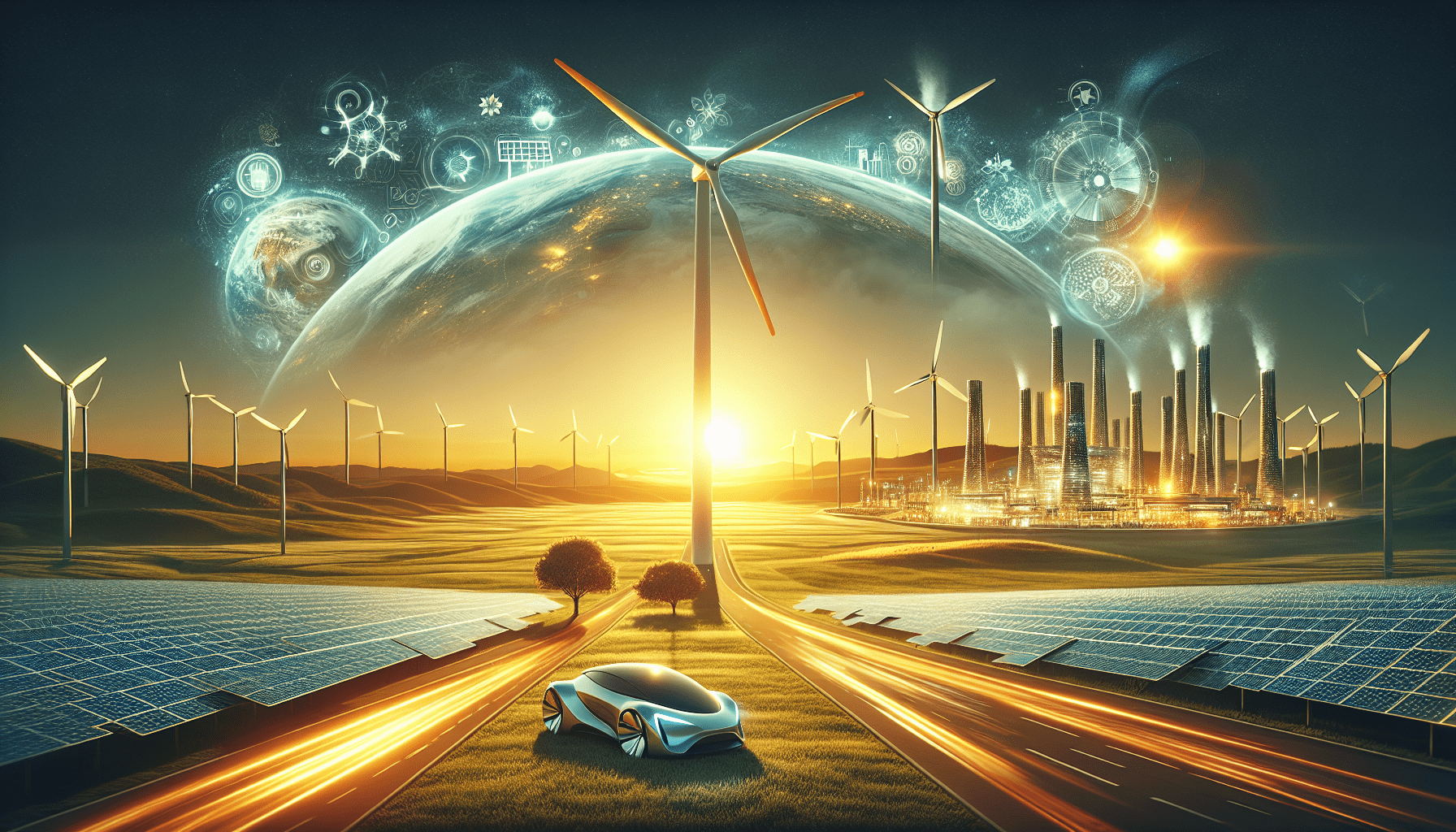
The Future of Renewable Energy
Projections and Predictions
Experts predict that renewable energy will continue to grow rapidly. By 2050, IRENA projects that renewables could account for as much as 86% of global power generation, significantly reducing our reliance on fossil fuels.
Technological Convergence
The convergence of various technological advancements will likely accelerate the growth of renewable energy. For example, the integration of artificial intelligence and machine learning can optimize energy production and consumption patterns.
Innovations on the Horizon
Several promising innovations could shape the future of renewable energy:
- Perovskite Solar Cells: These have the potential to surpass traditional silicon-based solar cells in efficiency and cost-effectiveness.
- Offshore Wind: Developing deeper water wind farms can generate more consistent energy.
- Green Hydrogen: Produced using renewable energy, green hydrogen could become a key energy carrier for various applications, including transportation and industry.
The Role of Individuals
Individuals can also play a pivotal role in the renewable energy transition. Simple actions like installing solar panels, investing in energy-efficient appliances, and supporting clean energy policies contribute to a broader shift towards sustainability.
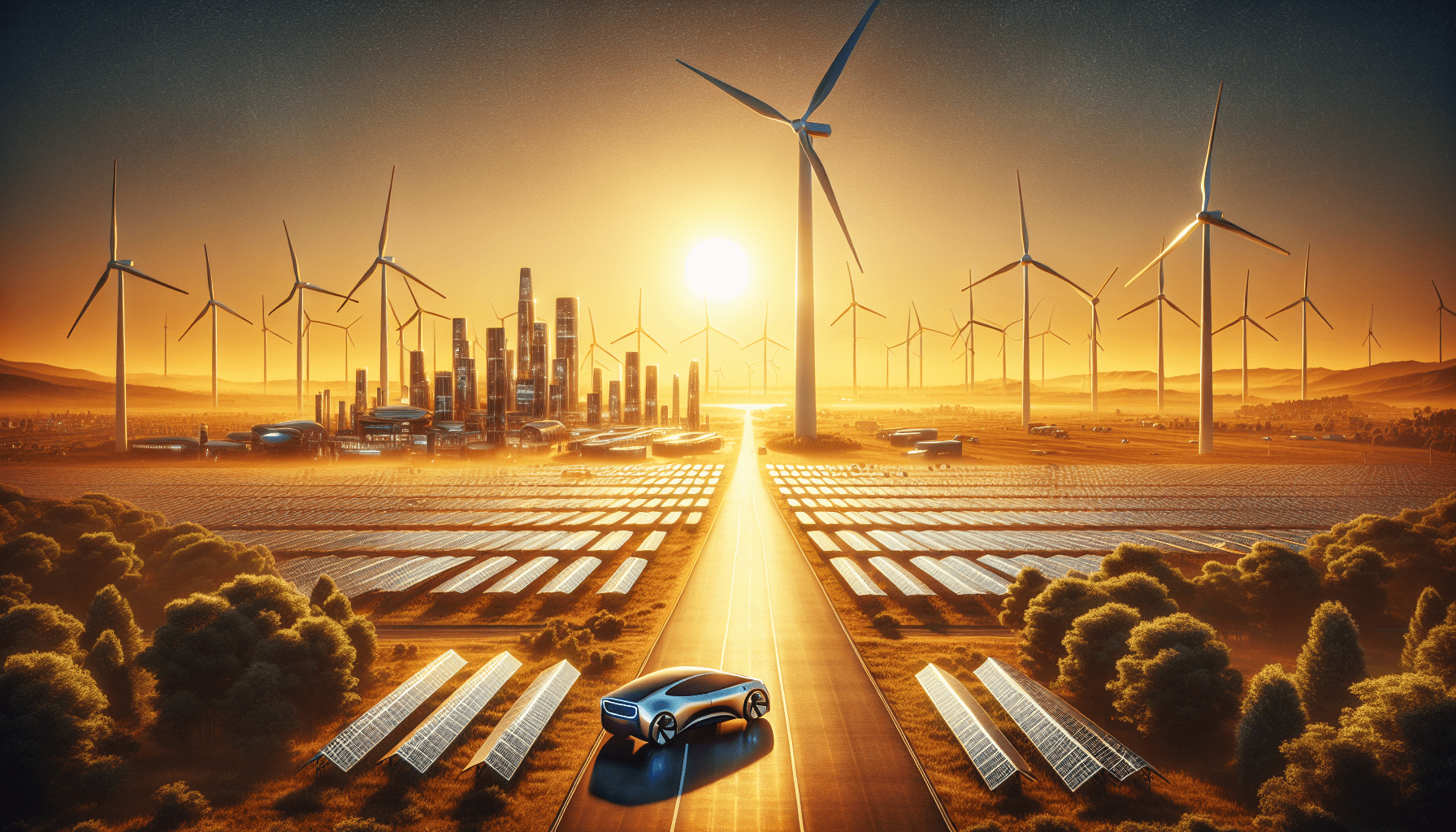
Conclusion
The future of renewable energy is bright, promising significant advancements and widespread adoption. By understanding the current landscape, embracing technological innovations, and supporting robust policy frameworks, we can collectively accelerate the transition to a sustainable energy future. Let’s continue to explore and champion renewable energy solutions that benefit us all, ensuring a cleaner, greener planet for generations to come.


